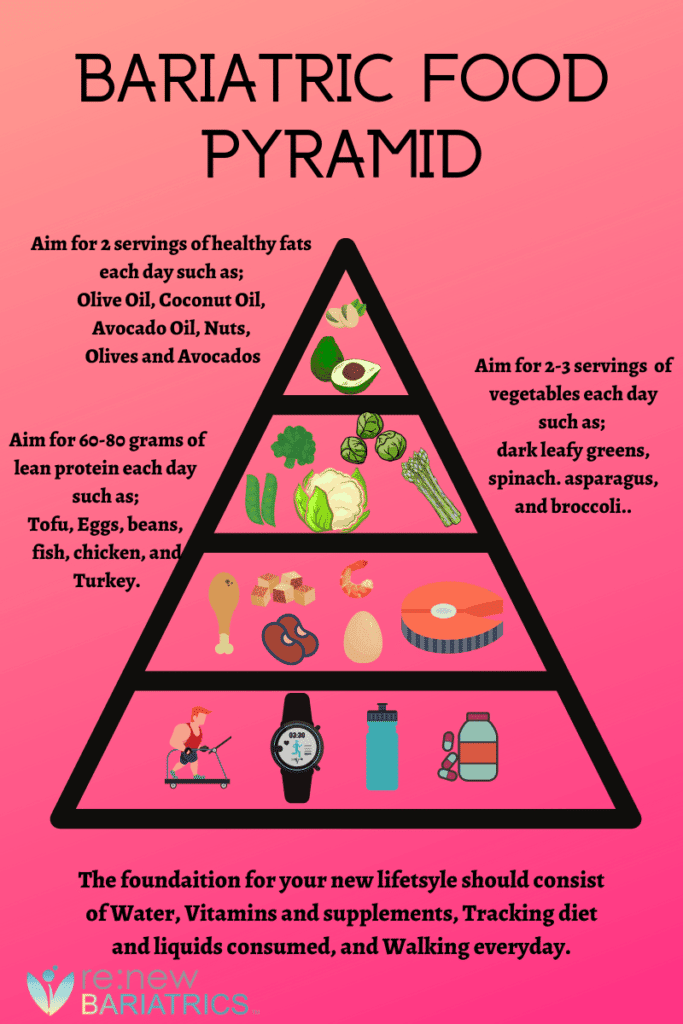Weight loss surgeries like bariatric surgery can be life-changing. The decision to proceed with this surgery must only be taken when all other attempts to reduce weight through weight loss programs, dieting and exercise have been exhausted.
Bariatric Surgery Candidates
Bariatric surgery is done for patients who are overweight and obese with or without health related risks. Usually patients consisting of a BMI of 30 or more can be considered for the surgery. By withstanding the surgery, health conditions may improve; such as any weight related medical diagnosis such as heart disease, hypertension, type 2 diabetes, and sleep apnea.
This surgery is irreversible and expensive, therefore it is not for everyone. To qualify, you need to meet certain medical guidelines and go through an extensive screening process.
Quality Control
95% of all people who have had this surgery said that their quality of life has improved. (1)Research has shown that on average people have lost 90 pounds, following the gastric sleeve procedure. (2)However, your physician is the best person who can advise the right techniques of bariatric surgery suitable for individuals.
How Bariatric Surgery Influences Weight Loss
This surgery makes your stomach pouch one-quarter of its original size, in doing so, limitations will be placed on the volume of consumption. Eating a reduced amount of food, along with the overall absorption from calories decreasing, may result in rapid weight loss.
Additionally bariatric surgery reduces the body’s ability to produce the hunger hormone, ghrelin. Furthermore producing the ability to lose weight.
The most rapid weight loss will be achieved within the first 12 months post-operatively. Patients can take advantage of this statistic by following the post-operative diet guidelines. The post-operative diet includes information about healing and recovery; including what foods to consume, the proper amounts, and what to avoid. The details allow patients to return to health while optimally caring for their new stomach.
Once your stomach is healed, you can start consuming regular textured foods, together with solid foods.
During the span of recovery, you may experience certain symptoms and some physical discomfort.
Symptoms you may experience over 6 months after surgery:
- Body Aches
- Tired and Fatigue
- Cold
- Dry Skin
- Mood Changes
- Hair Shedding or Thinning Hair
- Acid Reflux
- Diarrhea
- Vomiting
- Constipation
- Flatulence
- Dumping Syndrome
These symptoms are normal as you have lost major weight and your body is reacting to the change after surgery. As your healing continues, these reactions will subside.
Post-Operative Diet Outlined
Initially after surgery, liquids will be the only thing manageable. Followed by Protein based liquids, and pureed foods. Thereafter depending upon tolerant levels of foods and the recovery process of the body, transitioning into the next phases can vary. Some patients may progress faster or slower than others depending on their healing abilities.
Listening and following through with the body’s cues, like physical hunger, is a key component for life after bariatric surgery. Introducing a wider variety of foods with different textures and consistency, can be challenging. Once the body is ready to move into the next phase, patients can start to enjoy soft foods followed by regular textured foods.
| Time since surgery | Restrictions | Ideal foods |
| 24–72 hours | Clear liquids, while remaining in Hospital for discharge | Water, herbal tea and soup broth. |
| Phase 14–7 days | Continue with Clear Liquids | Water, Sugar Free water flavorings, Broth, and Sugar Free popsicle. |
| Phase 2Weeks 2 and 3 | Transition to thick Protein Based Liquids | Non dairy milk substitutes, Protein shakes, Greek Yogurt, Lentil Soup, Split Pea soup and Reduced-Fat Cream-Based soups. |
| Phase 3Weeks 4 and 5 | Transition and introduce Pureed Foods. | Cooked, moistened and pureed lean meats, fat-free refried beans, hummus, unsweetened applesauce, mashed potatoes, tofu, pureed lentils and peas, Low-fat Cottage cheese and Ricotta cheese and baby food. |
| Phase 4Weeks 6 and 7 | Transition and introduce Soft Foods | Finely chopped, moist and soft foods; Fish, Beans and Bean soup, low-fat cheese, eggs, well-cooked vegetables, hot cereals and soft fruits. |
| Phase 5Weeks 8-9 | Transition and introduce Solid Foods | Slowly introduce a greater variety of foods. Staples should include; protein rich foods and vegetables. |
You will also need to take supplements and vitamins lifelong post-surgery due to a calorie restricted diet.
Physicians and Surgeons can prescribe supplements like multivitamins, Calcium, Vitamin D and in some cases Iron and Vitamin B12. Additional fat-soluble Vitamins like (A, D, E, and K) can be prescribed, depending upon your physical needs.
Weight loss can be challenging to navigate, this is why we provide a detailed post-operative diet and ample materials to help patients thrive during recovery phases.
Recommended Eating Behavior
The Bariatric Food Pyramid, below, is a strong resource to help shift behavior modification and transform food habits after surgery. Notice that the bulk of lifestyle changes is adopting healthier activities, and building strong routines practiced everyday such as; drinking adequate amounts of water, tracking food, liquids and physical activity combined with taking a structured vitamin regiment.

To ease the transition, to foster total renewal, and do decrease complications one should:
- Eat slowly and chew food at least 20-30 times, before swallowing.
- Swallow food only when it feels like a smooth liquid.
- Instead of three major meals each day, break up into small portions of four-six small meals.
- Take at least 30 minutes to consume the entire food. Feelings of pain in your breastbone or nausea are common if foods are consumed too quickly.
- Immediately stop eating when feeling satisfied.
- Drink water sip-by-sip throughout the day. Do not gulp. A bariatric patient must drink a minimum of 1.5 liters of water each day.
- Don’t drink any liquid 30 minutes before and after the meal as it can cause vomiting.
- If you feel your food is dry, then add some water or broth, to moisten for easy swallowing.
- Avoid hard and dry foods, dense high sugar calorie foods like ice-cream, cakes, candy; carbonated and sweetened drinks, foods with high glycemic index, like bread, rice, and potatoes; and food that can cause flatulence like beans.
- Avoid emotional, boredom, or stress eating as it can affect the positive effect of surgery in the long run.
Lifestyle changes after Bariatric Surgery
Adopting a changed lifestyle after bariatric surgery is key for long term success.
- Water is the new foundation for a permanent changed lifestyle. Aim for half of your body weight, in ounces each day.
- Educating yourself on portion control, nutrition and meal planning is crucial for continued weight loss. Practice this everyday by weighing and measuring proper portions of foods. Furthermore tracking everything consumed in a food tracking app, and monitoring liquids and physical activity.
- Reaching your protein goals, 60-80 grams each day, will provide your body with energy, fuel and help keep you satiated throughout the day.
- Taking vitamins and supplements lifelong will be a key component since bariatric patients are on a low calorie restricted diet long term.
- Bariatric surgery can impact a person psychologically. Experiencing mental and emotional stress is very common following bariatric surgery.
- There are a lot of changes happening simultaneously and have the ability to affect one’s beliefs, attitudes and frame of mind.
- Reach out for help with a mental health professional, or regularly attend support groups. Even building a stronger connection to family and friends already in your life, can help with unforeseen challenges.
- It is equally important that you embrace regular physical activity for long-term weight management.


